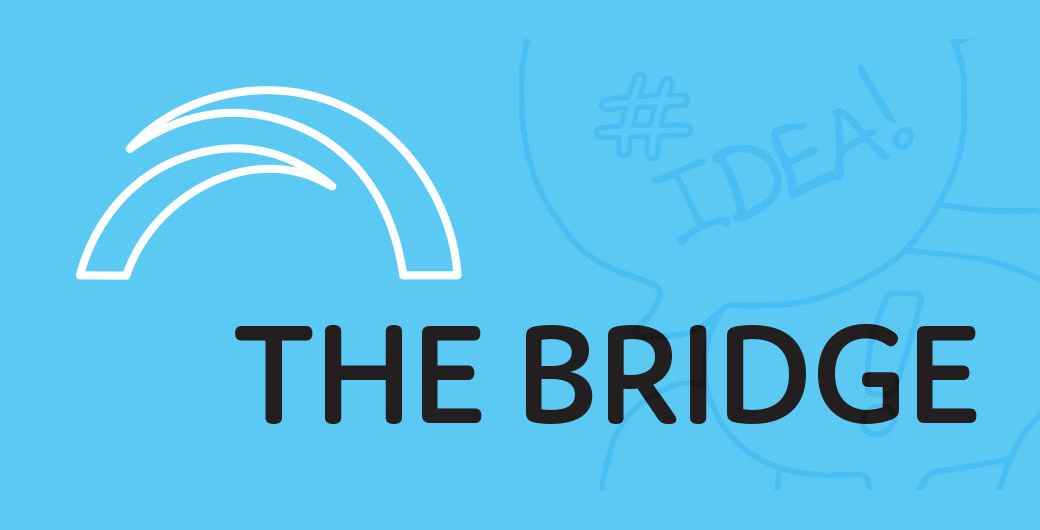
Creativity is a crucial part of policy capacity in governments. Employees’ openness to new ideas and creative solutions is one determinant of creativity, as is the impact of changes in the environment. An article in Public Administration Review analyses creativity in policy officials. It found the organisational climate for innovation as well as individual public service motivation yield significant positive effects on policy creativity.
Understanding creativity in policy
Creativity contributes to innovation. Government organisations are often considered not to offer much room for creativity. Yet, creativity is a core element of policy capacity—defined as skills and resources that individual officials require to perform policy-related tasks. Creativity is especially critical when designing and evaluating policy alternatives.
The article defines policy creativity as policy officials’ ability to think divergently and to create new ways to handle policy problems when formulating government policy. In doing so, they draw both on external signals in the organisational environment and their own skills and proficiencies. Policy creativity is therefore an individual ability for policy officials that engage in policy work to generate creative policy solutions.
The organisational climate for policy creativity
Individual job creativity is shaped by contextual and individual determinants, with organisational climate being the most relevant contextual factor in the public sector. An organisation’s climate describes employees’ shared perceptions of practices, policies and procedures, all of which serve as a signal for the activities and behaviours that are rewarded, supported, and expected within an organisation.
The significance of the organisation climate for individual creativity assumes that organisations can encourage innovation and risk-taking. This can include providing processes, incentives, and resources for the communication and evaluation of new ideas as well as increasing employees’ enjoyment of work and job engagement. Higher levels of a pro-innovation climate were shown to be linked to job satisfaction, commitment, and creativity.
Public sector motivation and policy creativity
Studies also focus on individual attributes and attitudes that facilitate creative thinking and innovative behaviour at work, including intrinsic motivation. Intrinsic motivation can originate from a variety of sources, such as interest, the desire for self-realisation, professional goals, values, or altruism.
While the positive link between intrinsic motivation and creativity has been subject to extensive research in the private sector, the effect of public service motivation on creativity has received less attention. Public service motivation refers to a general, altruistic motivation to serve the interests of a community of people, a state or nation. It encompasses compassion, self-sacrifice, commitment to public interest as well as attraction to policy as a field.
About the research
The research involved a survey targeting ministry officials across all ministerial departments in three European countries: Germany, Italy, and Norway. All three countries are characterised by a merit-based bureaucracy. The response rate resulted in a representative sample in terms of age, gender and level. The majority of participants were section heads or policy officials inside these sections entrusted with substantive policy work. The respondents were evenly distributed across the policy areas of state services, economic affairs, welfare, foreign affairs and environment.
What the research found
Italian policy officials reported lower creativity levels as compared with their German and Norwegian counterparts, German policy officials most strongly agreed their supervisors encourage creative solutions to problems and are open to changes. Norwegian respondents emphasised that members at all levels are encouraged to contribute new ideas to improve the organisation’s work. This aligns with the consensus-based and collaborative approach to policy in Norwegian government organisations.
The bottom line
At a meta level, the research found the organisational innovation climate has a significant and positive effect on creativity in policy work. Public Sector Motivation (PSM) also influences policy creativity. Policy officials in the study with greater PSM reported having greater policy creativity.
Creativity in policy work can be supported at an organisation by developing a conducive organisational climate, one which also maximises policy officials’ motivation.
Want to read more?
Creativity in policy capacity: Organizational and individual determinants – Julia Fleischer and Camilla Wanckel, Public Administration Review, May 2023
Each fortnight The Bridge summarises a piece of academic research relevant to public sector managers.

Recent Research Briefs on creativity and innovation include:
- Published Date: 4 July 2023
